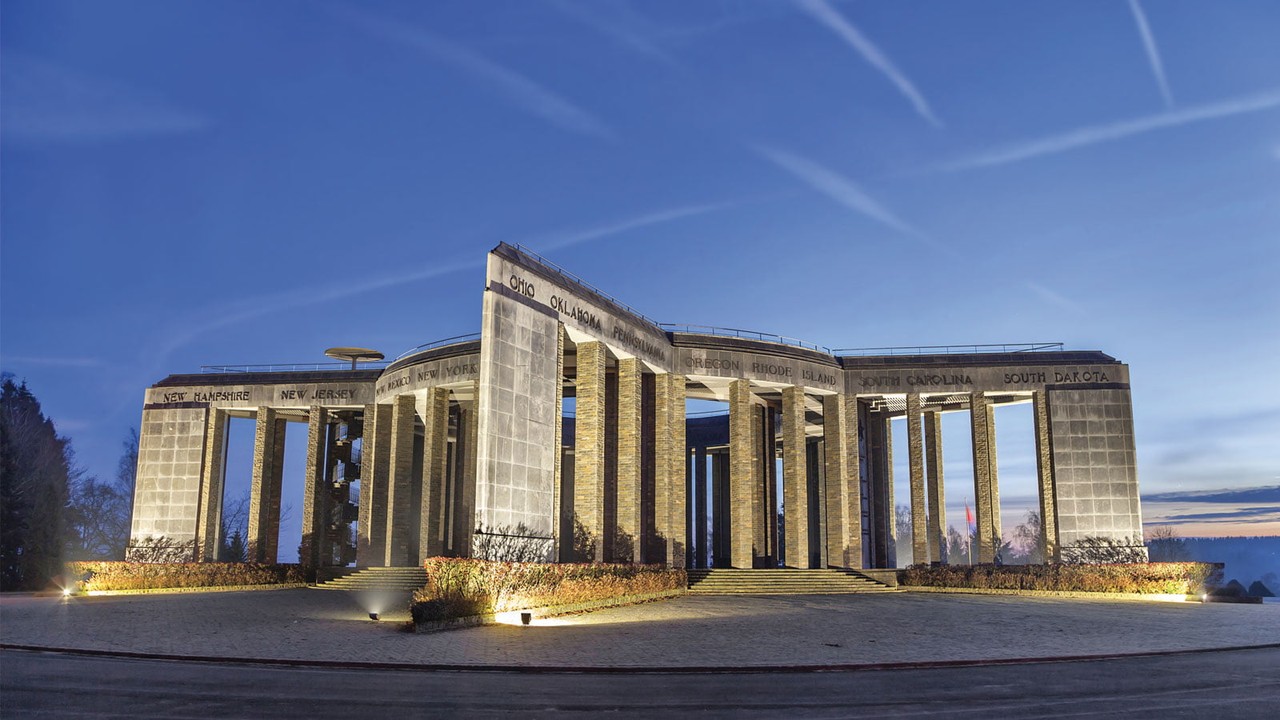The Battle of the Bulge was a desperate attempt by Adolf Hitler to split the Allied forces and capture the vital Belgian port of Antwerp.
One of the most notable aspects of the battle was the siege of Bastogne, a small town in Wallonia. The town was a critical crossroads, and its capture was essential for the German advance. However, the 101st Airborne Division, along with elements of other units, held the town despite being surrounded and outnumbered. The siege was famously relieved by General George S. Patton's Third Army, which broke through the German lines on December 26, 1944.
Today, the Battle of the Bulge holds significant historical and cultural importance in Wallonia and beyond. It is remembered as a symbol of resilience and the high cost of freedom. The region hosts numerous memorials, museums, and annual commemorations to honor the soldiers who fought and died there.
The legacy of the Battle of the Bulge continues to resonate, serving as a reminder of the sacrifices made during World War II and the importance of unity and perseverance in the face of adversity. The 80th anniversary of the battle is being marked with special events and reenactments, allowing new generations to learn about and reflect on this pivotal moment in history.
With the partnership of :

